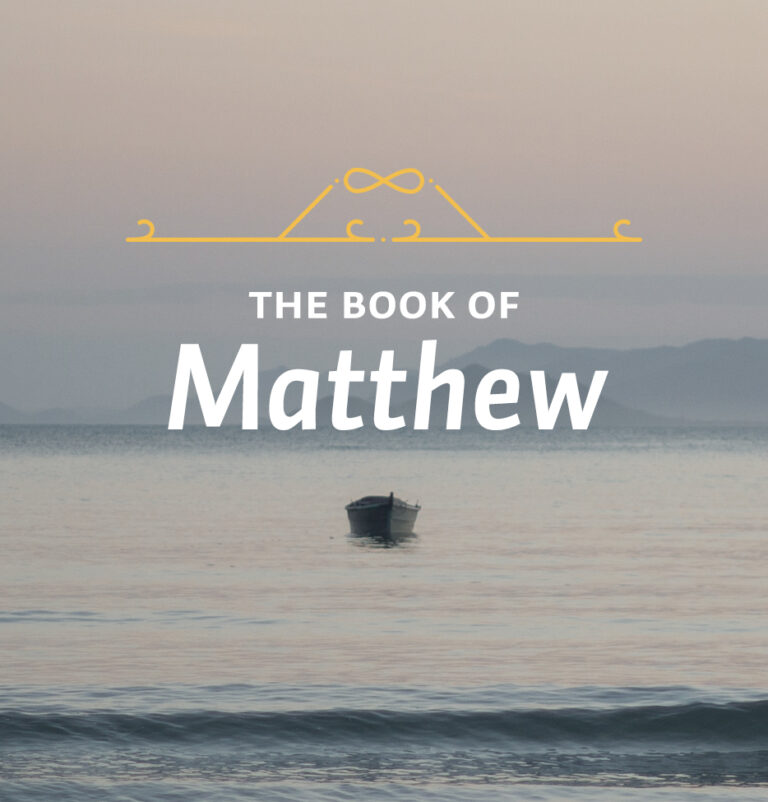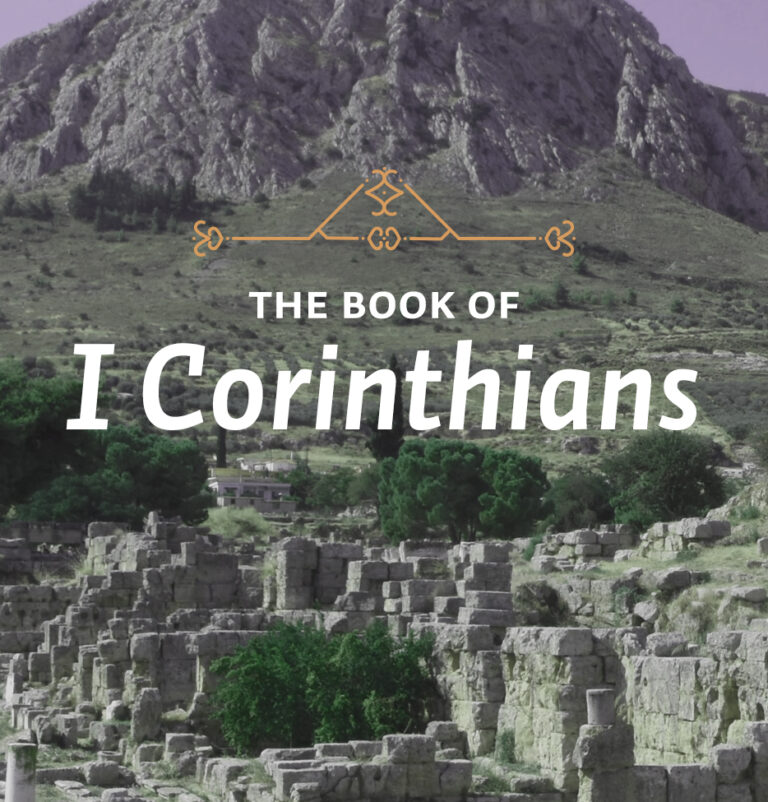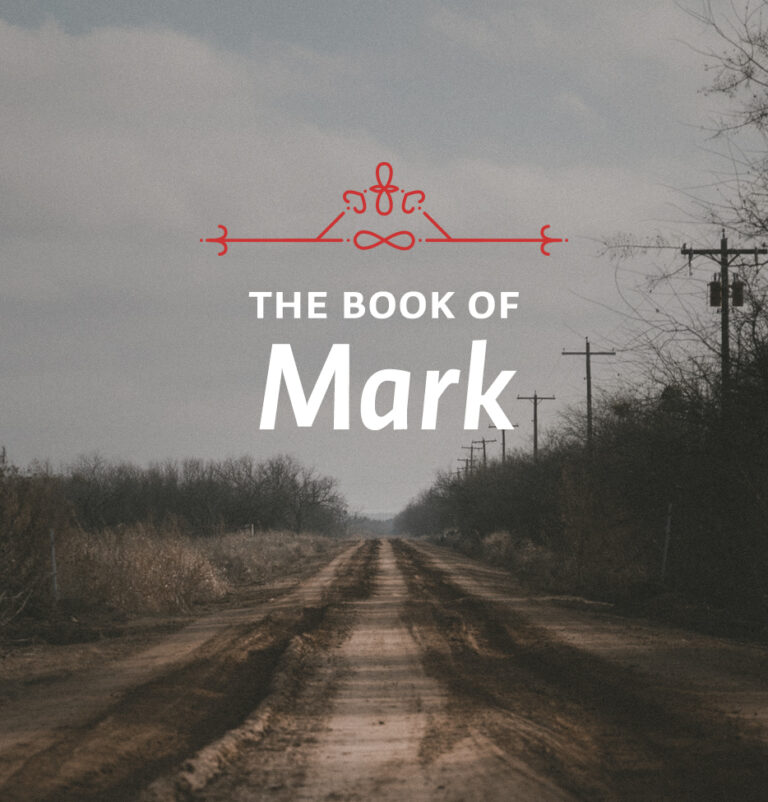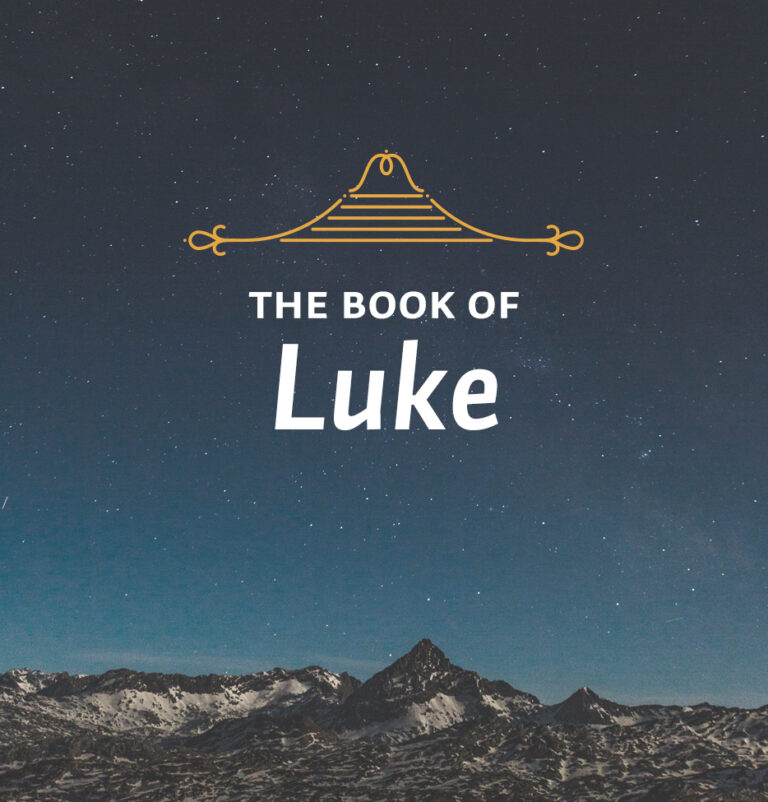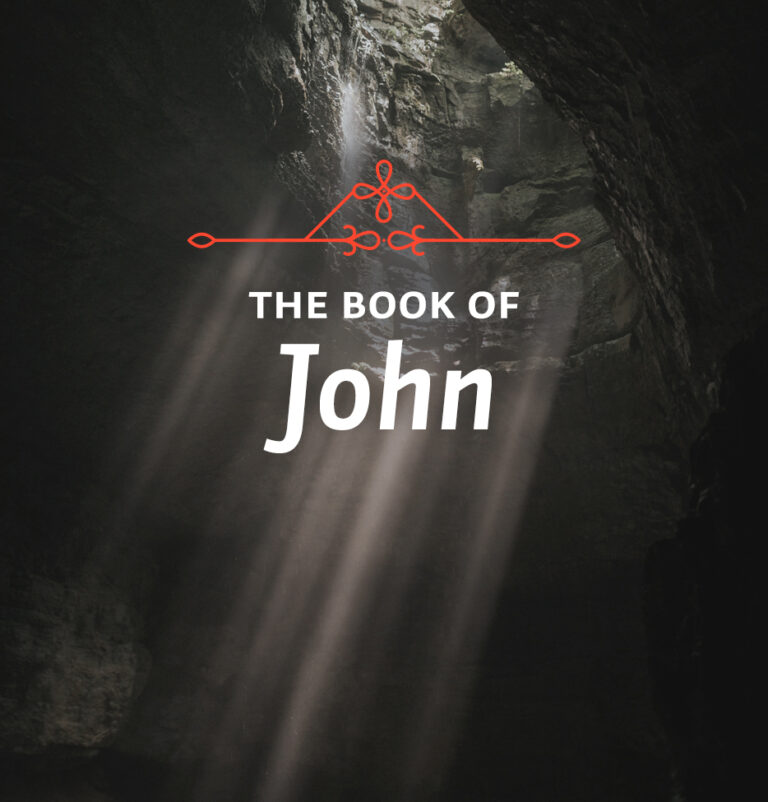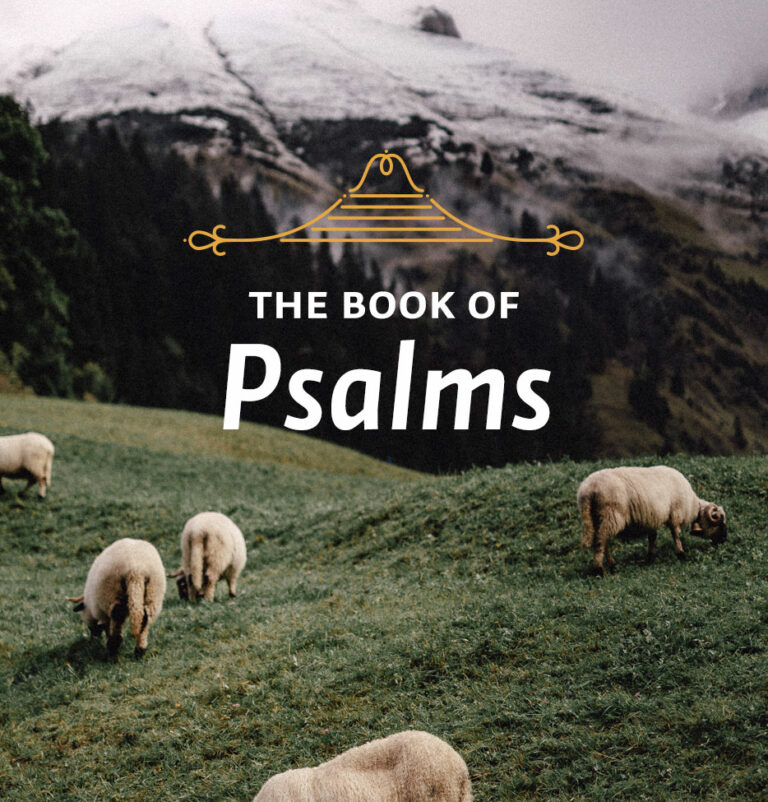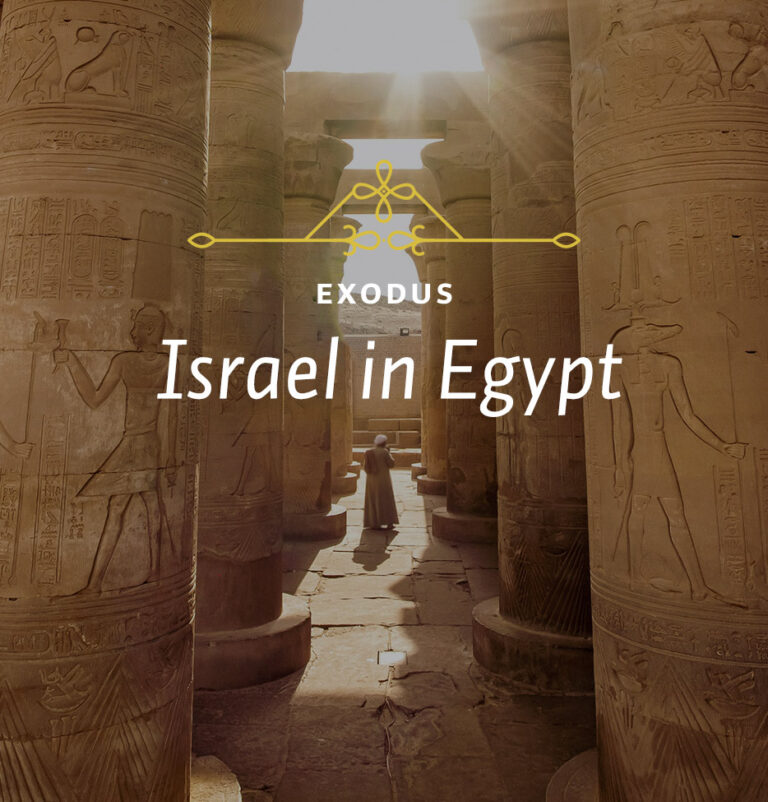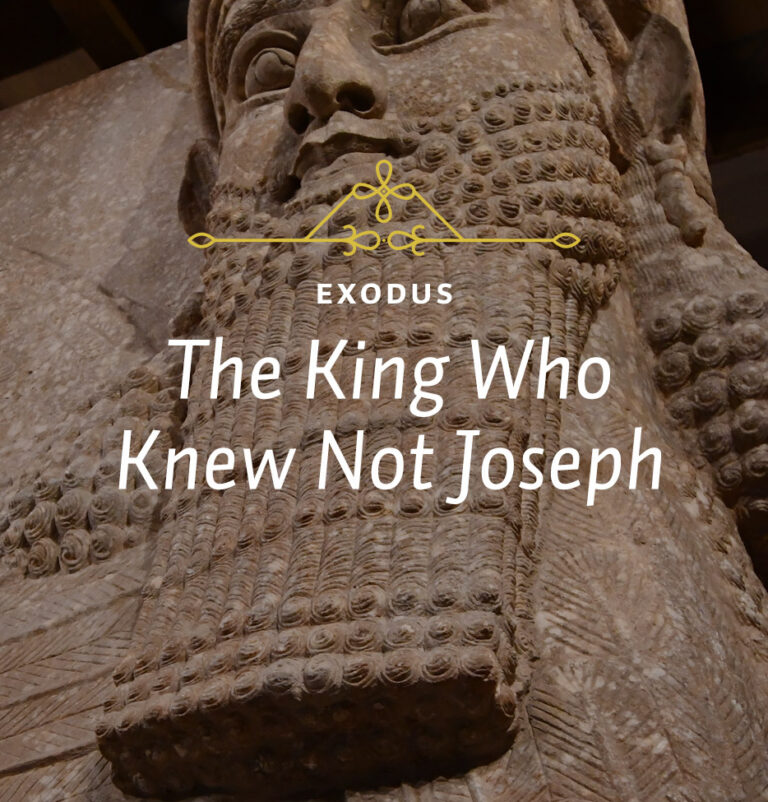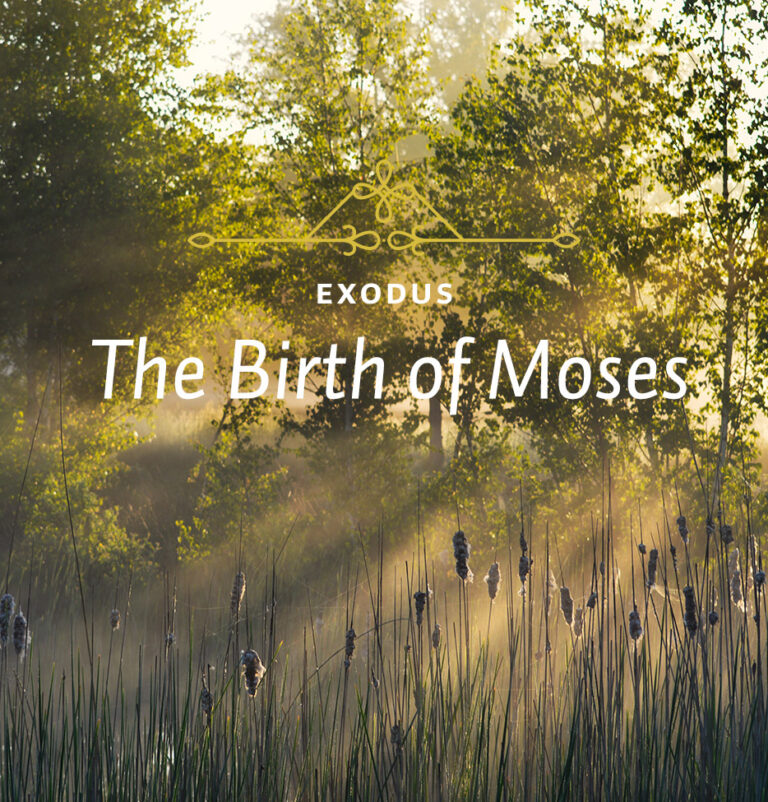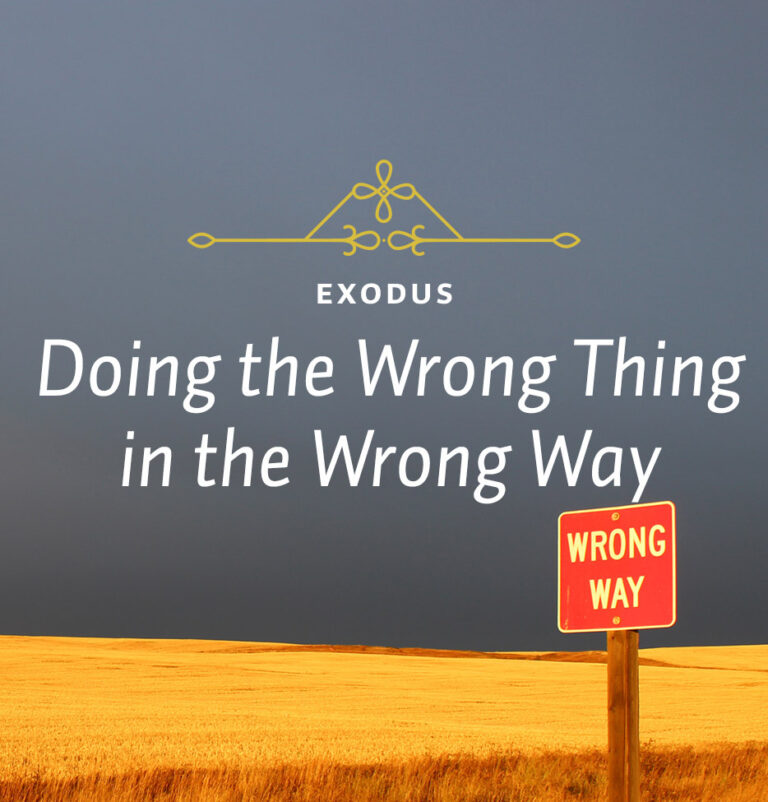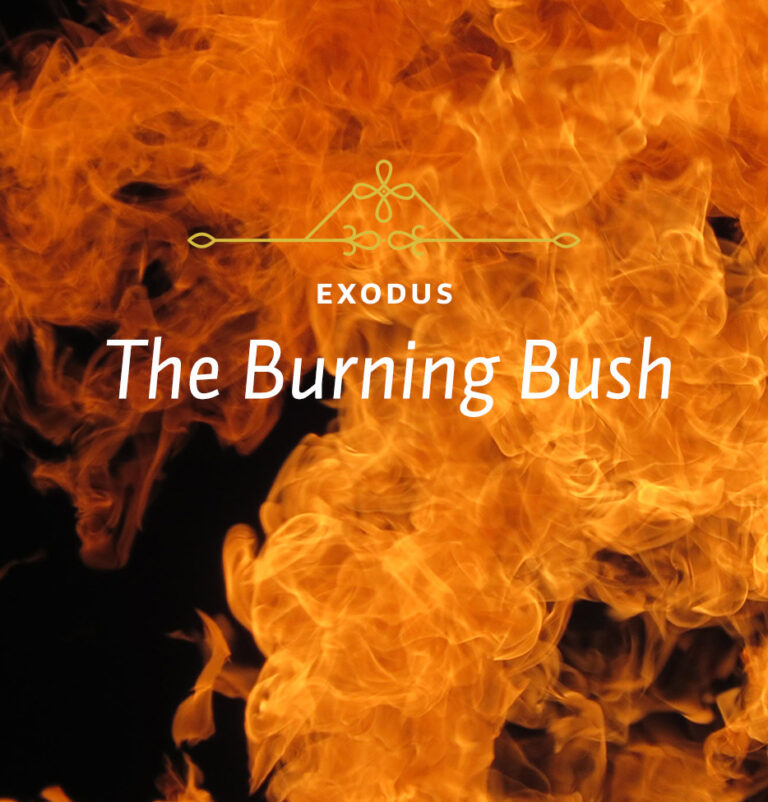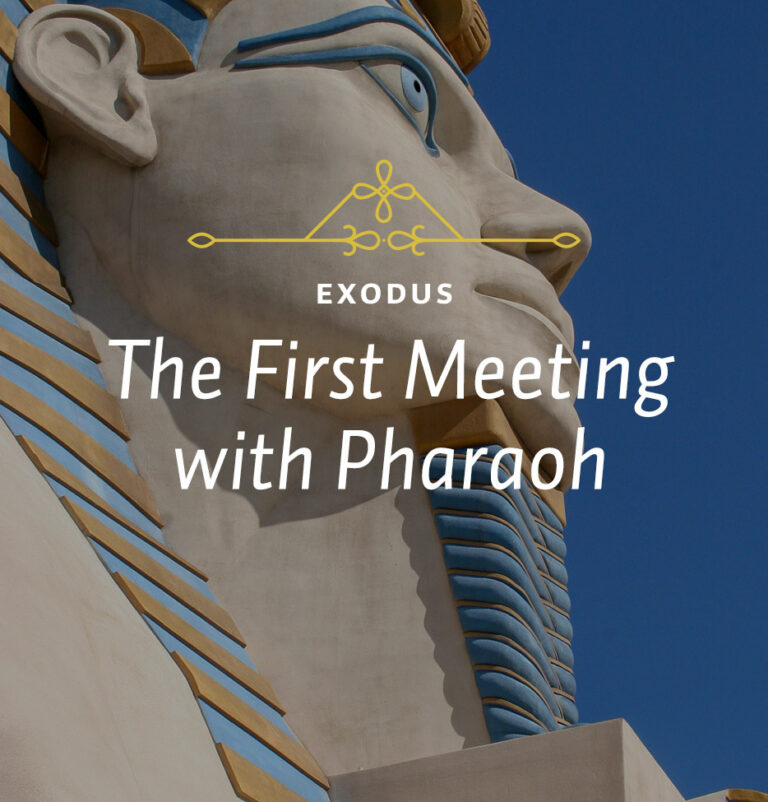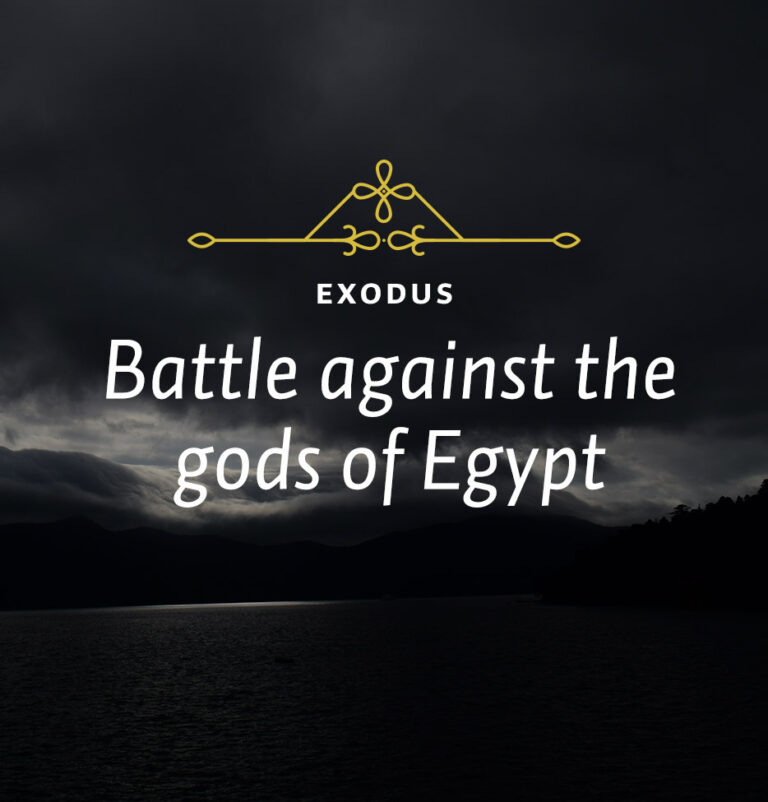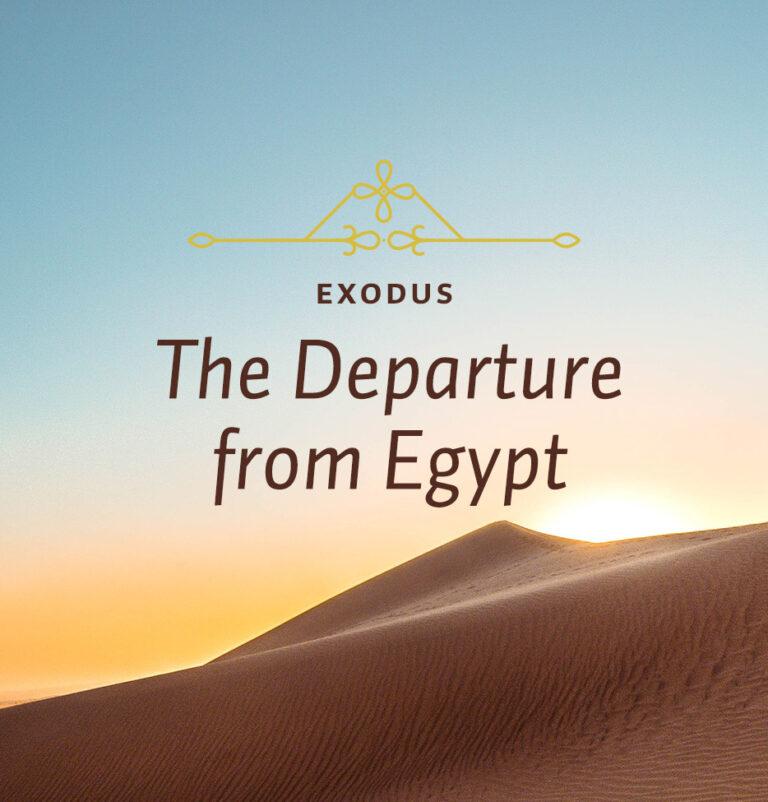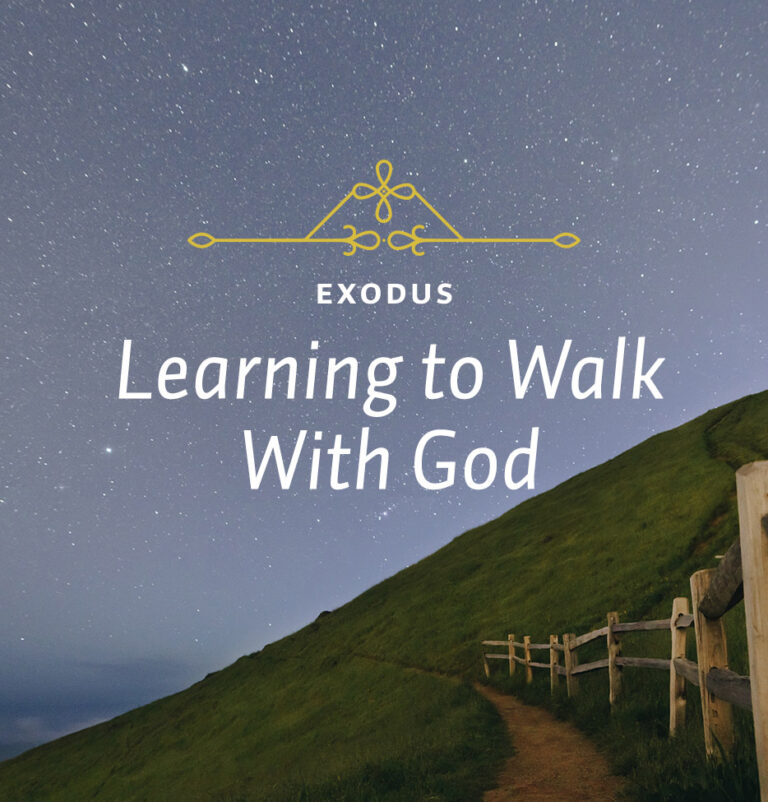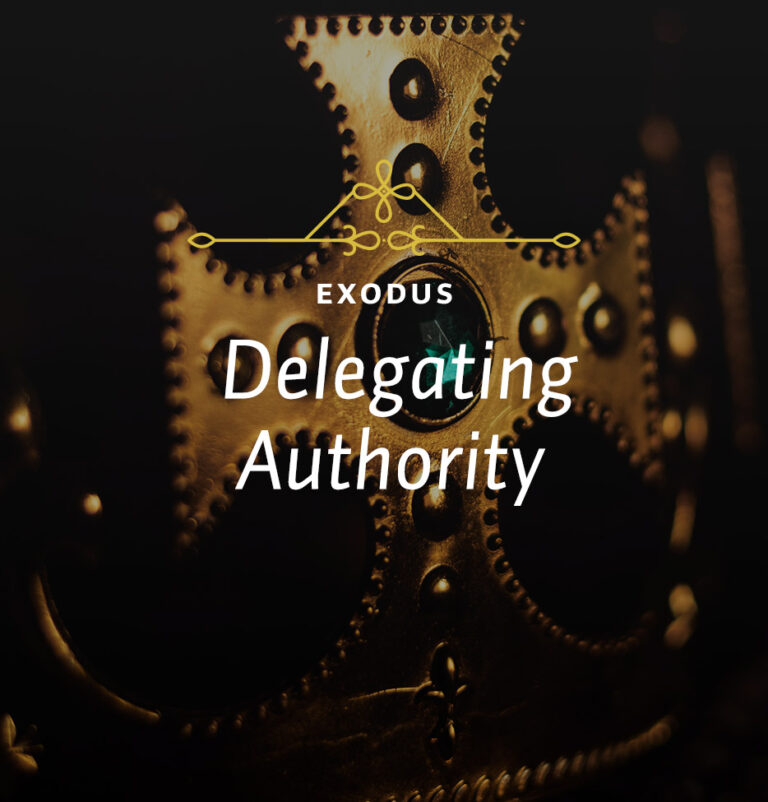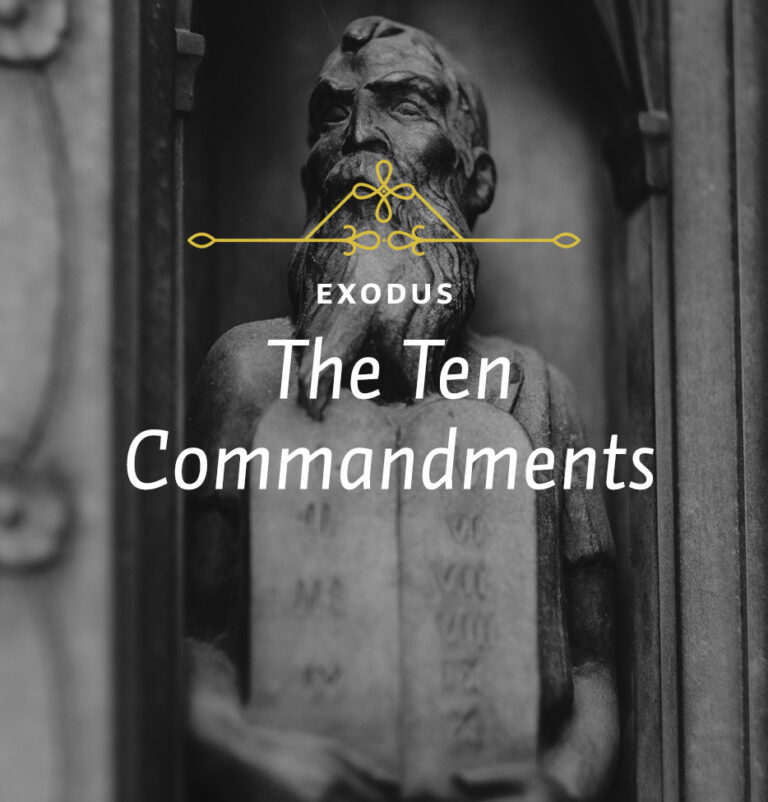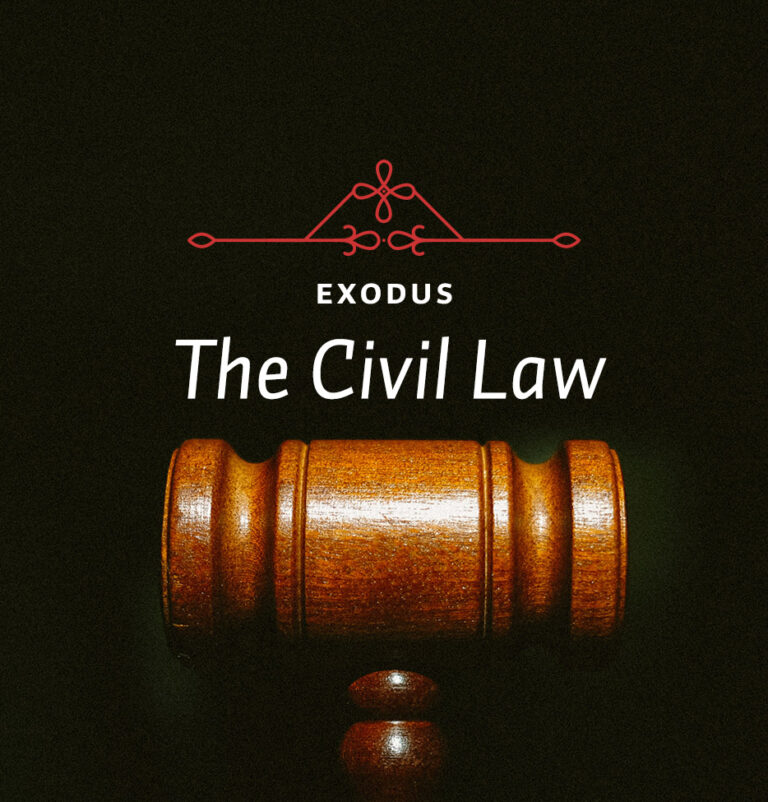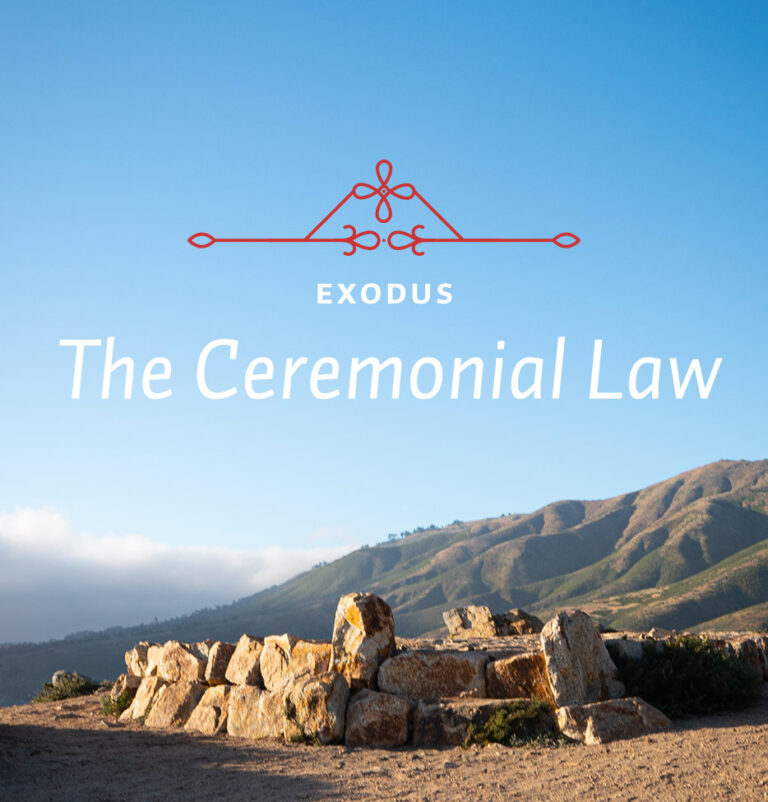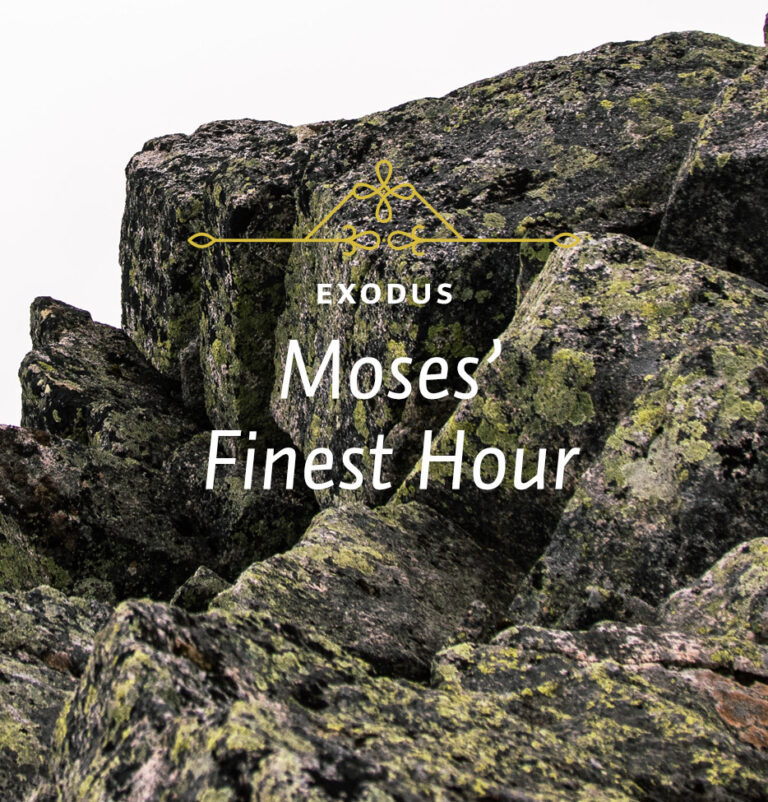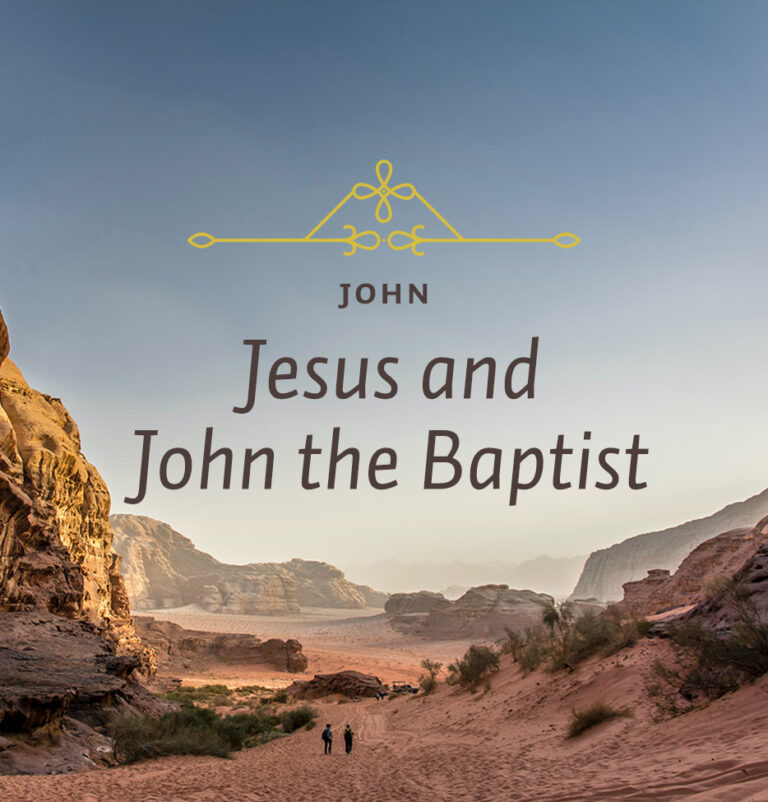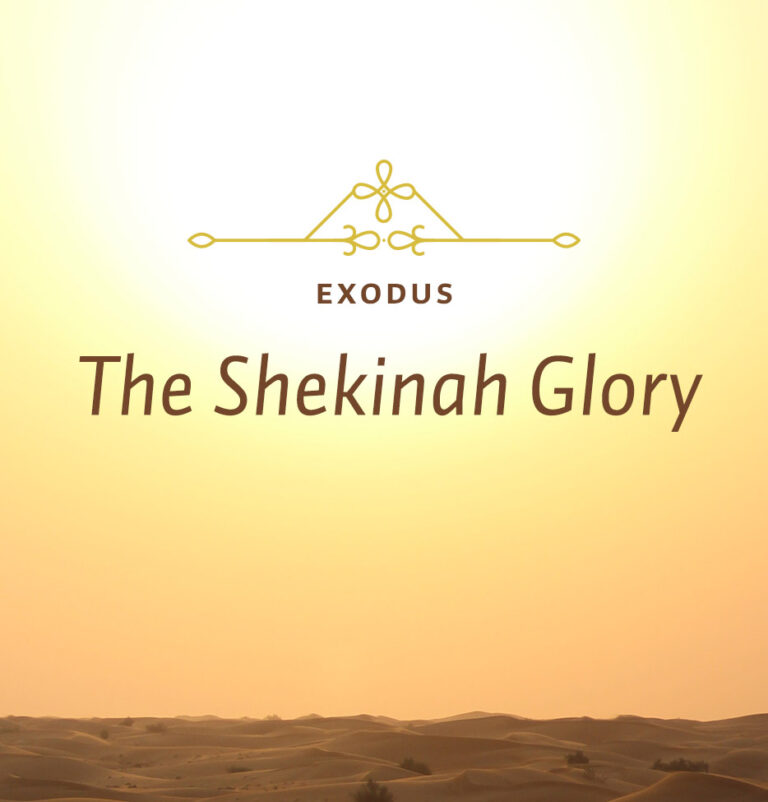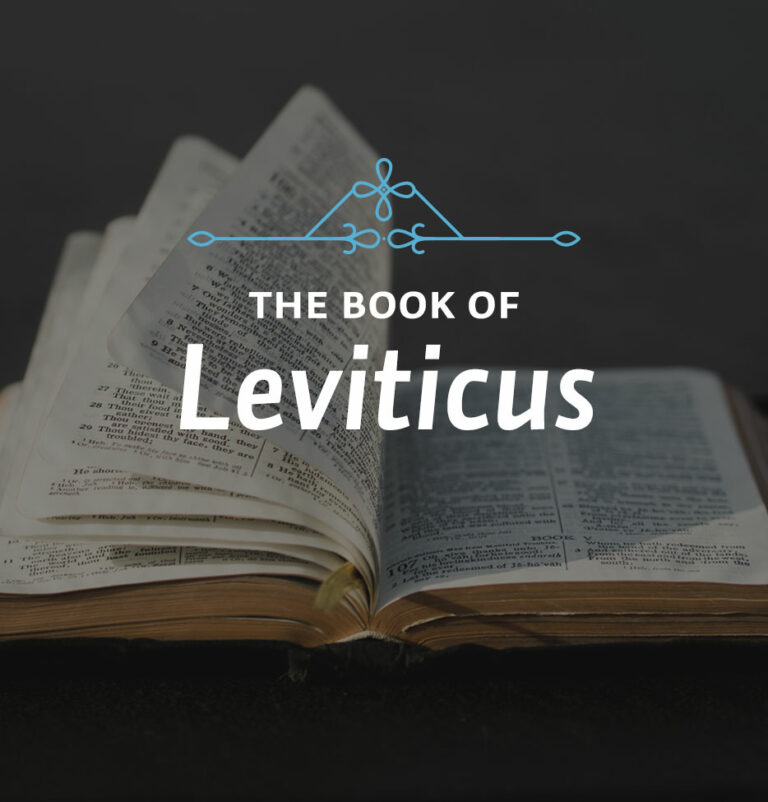God’s revealing Himself in the cloud culminates in the coming of Jesus Christ. You may recall that at the very beginning of John’s Gospel, John uses this very language, harkening back to Exodus, to talk about the incarnation. Speaking of Jesus, John writes, “The Word became flesh and lived for a while among us. We have seen his glory, the glory of the one and only Son, who came from the Father, full of grace and truth” (1:14). Revelation 21 gives us the fulfillment of this idea of God’s dwelling among us. In verse 3 the apostle John wrote, “And I heard a loud voice from the throne saying, ‘Now the dwelling of God is with men, and he will live with them. They will be his people, and God himself will be with them and will be their God.’” Through the appearing of the cloud in Exodus, God was teaching them about His presence in a preliminary, rudimentary, visible, and dramatic way for the people of Israel.
